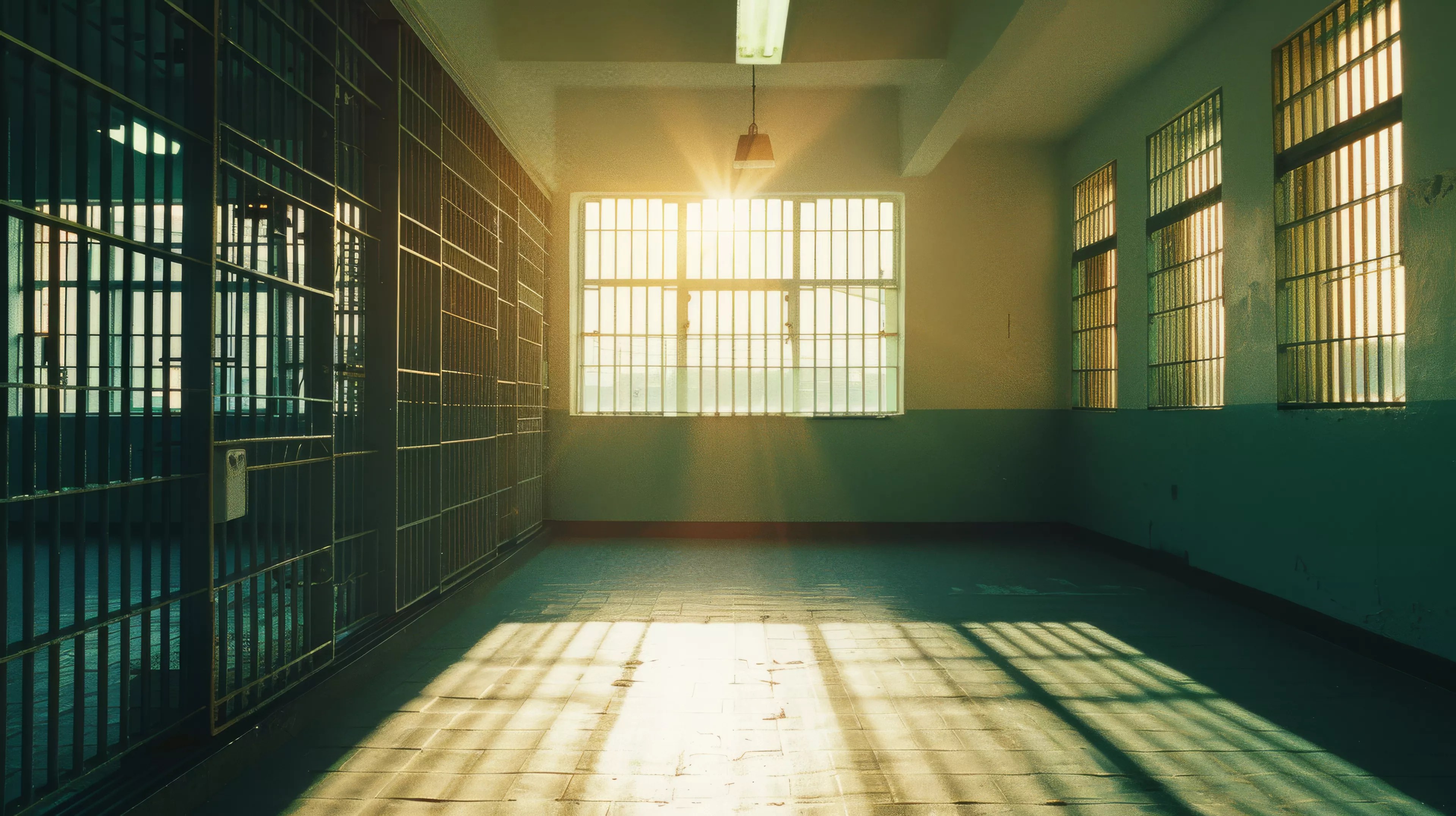
Adobe Stock

Audio By Carbonatix
In Greek mythology, to get to hell one must be guided down the River Styx, pay a fee via copper coin, get past a vicious three-headed dog and finally enter the gates of the underworld. In Texas, one can experience a similar heat by simply being convicted of a state felony. Texas is one of 13 states that does not require air conditioning in its state prisons, but a new bill that would enforce humane treatment for the incarcerated has been filed for this legislative session.
House Bill 2997, filed by Rep. John Bryant, a Democrat from Dallas County, would require Texas to keep prisons between 65 and 85 degrees. A similar bill failed to pass the Senate last session, with critics claiming that installing HVAC systems would be too costly. The previous bill asked the state for half a billion dollars to install and repair air conditioning units within prisons. Two-thirds of state prisons do not have air conditioning, and the temperatures within those prisons can easily exceed 100 degrees. A 2022 study from Texas A&M University found that one had topped out at 149 degrees. When the heat index is above 125 degrees, there is an extreme risk of heat stroke.
“We have the resources. We just seem to not have the compassion to do it,” a former state representative, Carl Sherman from DeSoto, said during a press conference after last year’s bill failed at the Senate.
The bill comes as a lawsuit against the Texas Department of Criminal Justice moves through the legal system. The lawsuit was originally filed by Texas inmate Bernie Tiede. His criminal case has caught media attention and was even the inspiration for an eponymous film directed by Austin filmmaker, Richard Linklater. Tiede, convicted of murder in 1999, has been considered a model prisoner and now stands at the forefront of this branch of criminal justice reform. Now he has been joined by a group of criminal justice activist organizations that say the lack of proper temperature regulation creates inhumane conditions.
This year, make your gift count –
Invest in local news that matters.
Our work is funded by readers like you who make voluntary gifts because they value our work and want to see it continue. Make a contribution today to help us reach our $30,000 goal!
“If cooking someone to death does not amount to cruel and unusual punishment, then nothing does,” the complaint said.
Tiede was released and resentenced in 2016, and in 2023 he suffered a health event similar to a stroke. Tiede has diabetes, hypertension and other health issues that are exacerbated by heat. He has been serving his sentence at Huntsville Unit, the oldest prison in Texas. Constructed 176 years ago, it is made mostly of red brick, and even though it is air-conditioned, temperatures still rise high. A U.S. District Court judge has yet to rule on Tiede’s lawsuit.
A stroke is far from the worst health result to boil out of Texas prisons when extreme heat is involved. Brown University estimated that 14 prisoners die each year from heat-related deaths in the state’s penitentiaries. The Texas Tribune reported that nine prisoners died in a disastrous heat wave in 2023. Many of the prisoners who died are fairly young, and their cause of death is often recorded as cardiac arrest, according to the Tribune.
Prison conditions don’t just affect the incarcerated, the guards and administrators working the prisons are also subject to the same conditions.
“[Corrections officers] in the same conditions for maybe 16 hours that someone who’s incarcerated is in. It’s not fair for either one, by the way,” Andy Potter, founder of One Voice United, an advocacy group for correctional officers, said to the Observer.
Aside from the death and debilitation that comes from prolonged exposure to high temperatures, an increase in heat has been linked to interpersonal violence, further perpetuating the tensions that already exist within prisons.
The bill from Bryant is modeled after an existing rule within the Texas Administration Code that requires county jails to keep their facilities between 65 and 85 degrees. The law has stood since 1994. A night’s rest on the metal cot of the drunk tank is hospitable compared to the life-threatening conditions of a summer weekend spent in solitary.
“I think we should demolish all the older prisons,” Potter said. “I think you should build new prisons with some things in mind, that normalcy, that creating a condition where someone can feel safe, where you’re not sticking eight people into a cubicle that was built for maybe two, where people can feel like they have the space and room to feel safe and be rehabilitated and go to school, have their vocational training, have the things that they need.”